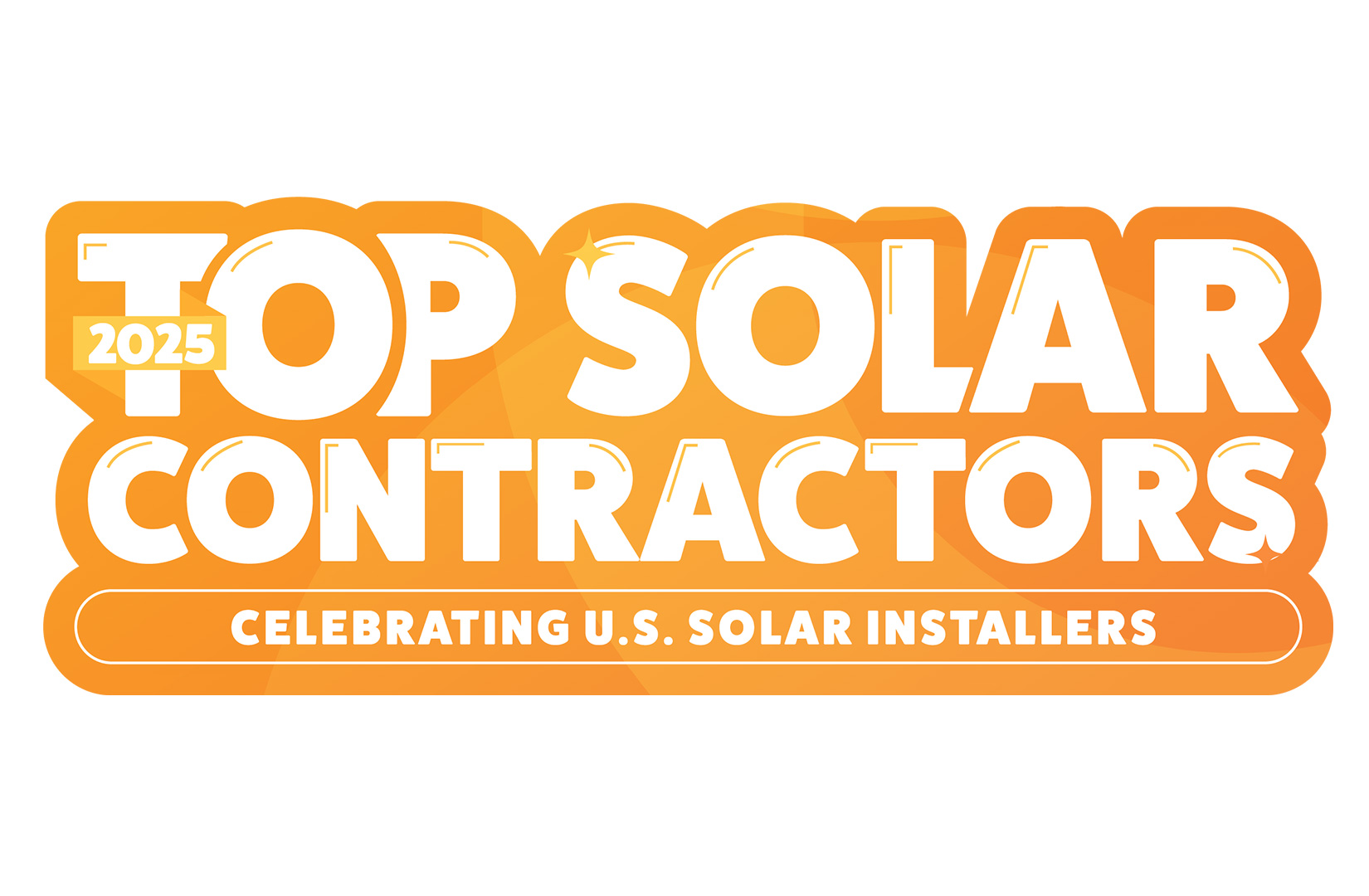As environmental concerns grow more urgent, people are looking for eco-friendly ways to power their homes. Solar panels are an excellent way to do this. While homeowners associations (HOAs) in some states have the power to deny residents a chance to add solar panels to their homes, others, like California, have laws protecting the rights of the homeowner. Read on to learn about the California Solar Rights Act and how it impacts you as a resident of the state.
California Solar Rights Act Overview
In the past, some HOAs have had concerns about solar panels not fitting in with the general aesthetic of the neighborhood and therefore reducing property value, when in fact, time has shown that the opposite is true. In 1978, California enacted the Solar Rights Act, barring HOAs from restricting solar-energy systems.
The Solar Rights Act has evolved. In 2008, further legislation stated that any HOA willfully violating the act would have to pay the owner of the solar energy system a civil penalty with a maximum of $1,000. In addition, HOAs must respond to applications to install solar-energy systems within 60 days. If they do not respond, the application is automatically approved unless the delay was due to a request for clarification on the HOA’s part.
Why the Solar Bill of Rights Is Important
The Solar Bill of Rights is important because it offers three main benefits to homeowners.
- Better Battery Compensation: Home batteries would receive better compensation from utility companies for exporting power to the grid and giving homeowners a clean energy source.
- Faster Connections to Grid: All California utilities would follow a standardized process for adding new solar arrays to the grid, allowing for faster processing overall.
- No Unfair Utility Fees: Solar owners would have the right to self-generate and restore solar energy without discriminatory utility fees.
What This Means for California Residents
The law leaves some room for HOAs to place requirements on the installation of solar panels so long as they do not “significantly increase the cost of the system or significantly decrease its efficiency or specified performance…” The word ‘significantly’ was open to interpretation until 2014 when the state amended the law, clarifying that significant costs meant anything over $1,000 on top of the total installation and decreased efficiency meant a 10% drop in performance.
In 2022, State Senators Scott Weiner and Jim Nielsen proposed the Solar Bill of Rights (S-288), which would add to the Solar Rights Act further. The Solar Bill of Rights would be enforced by the California Public Utilities Commission and the California Energy Commission, though currently there is no clear timeline for when the new standardized process for adding solar arrays to the grid will be implemented.
Go Solar With Solar Optimum
Understanding state legislation can be challenging, as they are constantly changing. As an award-winning solar energy provider in four states, we have the knowledge you need to live in an eco-friendly way. Contact us to get help navigating the California Solar Rights Act and other solar regulations.






